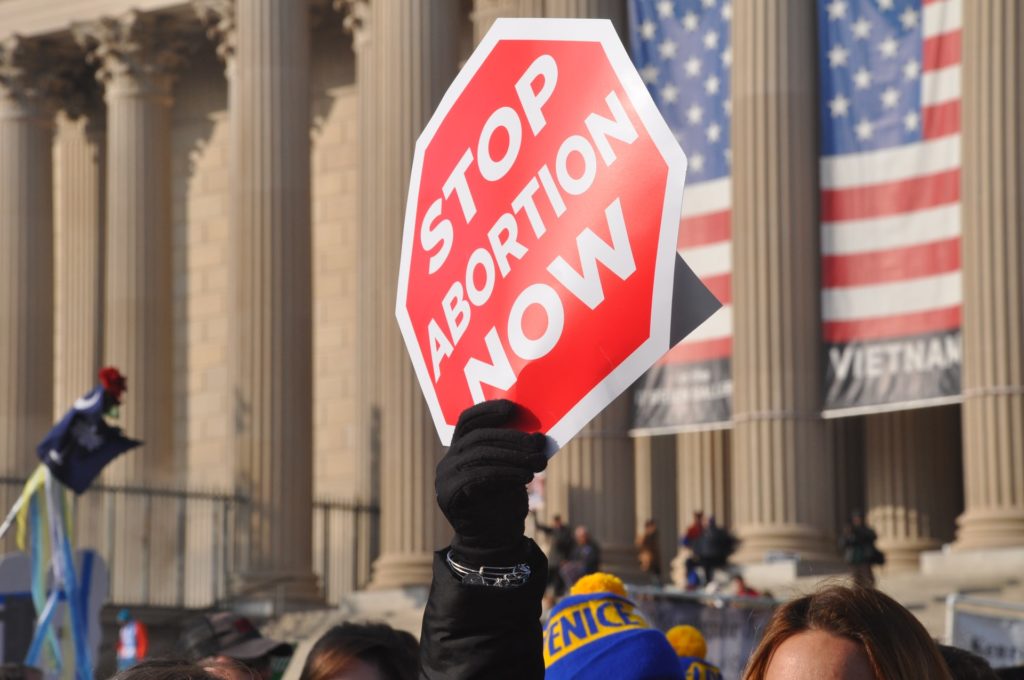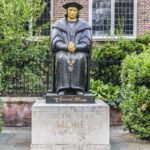
Published November 18, 2021
National Review - November 29, 2021 issue
Read other pieces by EPPC scholars published in National Review’s “End Roe” issue:
Erika Bachiochi | Patrick T. Brown | Alexandra DeSanctis
Roe v. Wade, Planned Parenthood v. Casey, and the other precedents that compose the Supreme Court’s jurisprudence of abortion should be overturned and consigned to the ash heap of history because they have for decades imposed on the nation, without constitutional warrant, an extreme, incoherent, and deeply unjust regime pursuant to specious reasoning and constantly changing rules, standards, and rationales. Fidelity to the Constitution, the judicial role, and the goods served by the prudential doctrine of stare decisis — stability, transparency, sustainability, and the perceived integrity of the judicial process — are sufficient reasons for the Court in the upcoming case of Dobbs v. Jackson Women’s Health Organization to reverse Roe and Casey and allow the political branches of government to enact laws and policies that care rightly for vulnerable mothers, children (born and unborn), and families.
But there is another reason to dismantle the lawless artifice of American abortion jurisprudence: namely, that it is built on a conception of human identity and flourishing that is false, dangerous, and in no way required by the Constitution. Put another way, Roe v. Wade, Planned Parenthood v. Casey, and their progeny graft onto our constitution a distorted understanding of what it means to be human. These precedents dissolve the parental relationship, atomize and isolate mother and child, and recast them as strangers locked in a zero-sum vital conflict. The Court’s misframing of the human context thus led it to invent a right to use private violence suitable for repelling an intruder. In so ruling, the Court cut off mother and child from possible public and private sources of genuine aid and protection.
Consider Justice Blackmun’s discussion of the source of the right to abortion in Roe v. Wade, such as it is. He began by invoking an unwritten “right to privacy” previously discussed in the 1965 case of Griswold v. Connecticut (regarding the freedom of married couples to use contraception), which Blackmun argued was a substantive right implied by the procedural guarantee of the 14th Amendment that “no person shall be deprived of life, liberty, or property without due process of law.” This right to privacy, he argued, extended to the right to terminate an unwanted pregnancy. (Never mind that the 14th Amendment’s due-process clause was ratified in 1868, when abortion was a codified crime in 30 of 37 states and had been a common-law crime since the American founding.)
Click here to read the rest of this piece at National Review‘s website.
EPPC Fellow O. Carter Snead is a professor of law and the director of the de Nicola Center for Ethics and Culture at the University of Notre Dame. He is the author of What It Means to Be Human: The Case for the Body in Public Bioethics.
Carter Snead, a Fellow at the Ethics and Public Policy Center, is an internationally recognized expert in the field of law and bioethics. His research explores issues relating to neuroethics, enhancement, human embryo research, assisted reproduction, abortion, and end-of-life decision-making.












